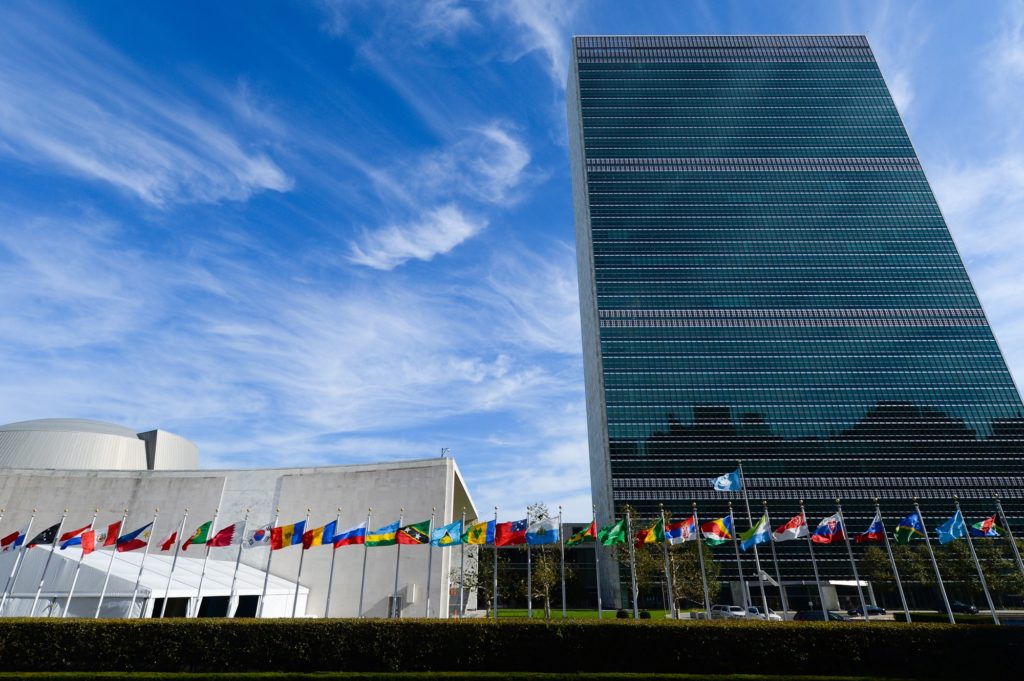The Peninsula
What to Do About North Korea Exceeding the UN Sanctions Cap on Coal Exports

By Troy Stangarone
In the most recent trade data released by China, imports of North Korean coal exceeded the volume and dollar caps set under the latest round of UN sanction by 1 million metric tons and by nearly $115 million. With China having substantially surpassed the caps set for imports of coal from North Korea, how should the United States and the United Nations respond?
As William Brown pointed out in his earlier piece, the increase in Chinese imports of North Korean coal is likely attributable to a number of factors. These consist of a combination of China’s diplomats not having a good understanding of how much coal they were likely to import, including as a result of a coal shortage in China, and that existing contracts may have been excluded from China’s cut off of North Korean coal imports.
In hindsight, the December target may also have been overly ambitious and difficult to quickly implement. In August, prior to North Korea conducting its fifth nuclear test, China had imported almost 2.5 million metric tons of coal from North Korea. After the test, that dropped to 1.8 million tons in September and imports were essentially level in October. The October shipments had a value of $101 million. Shipments in November, as negotiators were putting the final touches on the new sanctions, rose to 1.9 million metric tons and $139 million. To put the sanctions in perspective, with the December caps set at $53.5 million and a hair over 1 million metric tons, China in essence needed to cut the volume in half and value by around 60 percent from November. From a good faith perspective, as China did make the numbers public, the high December numbers may have been the result of a temporary implementation problem.
Still, the coal imports in excess of sanction limits raises a few issues going forward. If, as speculated, China excluded existing contracts from its December ban, it will need to gain a greater understanding of the value of those contracts and determine if any of them need to be canceled. To do this, China likely will need to create its own database of contracts for the importation of Chinese coal if one doesn’t already exist. If the contracts of Chinese firms already exceeds the 2017 cap of $400.8 million or 7.5 million metric tons, some of those contracts will need to be canceled or reduced to stay within compliance.
While canceling contracts will help to avoid future overruns, two additional steps need to be taken to address excess imports from December. The United States and China should reach an agreement at the United Nations that, while it is understandable that there may have been a December overrun, there is still a hard cap of $454 million for the period of December 2016 through December 2017. As a result, the overage in December 2016 counts against the 2017 cap and that for the remainder of 2017 North Korea would only be allowed to export another $285 million in coal or 6.5 metric tons, whichever value is reached first.
Additionally, to avoid an overage for 2017, the UN’s guidance to instruct states to cease procuring coal from North Korea once 95 percent of the total has been reached should be adjusted to 70 percent of the cap. With China having imported $168 million in North Korean coal in December and $139 million in November, a cessation of procurement at the 95 percent threshold would almost assure that North Korea exceeds the 2017 cap. By putting a pause at the 70 percent threshold, or $280 billion mark, it will provide the space needed to ensure that the cap is not exceeded and allow China to approve purchases on a case by case basis.
As the December results show, there is a need to adjust the enforcement mechanism for the cap on North Korean coal exports to ensure that it is not exceeded in 2017. However, should the overage from 2016 count against the 2017 cap, and there is a strong effort to ensure that North Korea is kept to its 2017 cap level, that means that Pyongyang could be faced with a choice by the end of February. Shut down its mining industry by around the end of spring, or significantly slow down exports to keep your mines running all year round. Why? China’s coal bubble has begun to deflate. Even if December prices fall by half, if the volume remains the same North Korea would export around $80 million in January. If the December overage was carried over, that would essentially put North Korea at halfway to the 2017 cap. If it doesn’t, they would be a quarter of the way there. Either way, from a financial perspective, the sanctions could begin to take a toll in the first half of the year as the earnings from coal begin to dry up. The only way to keep the money coming in year round would be to see significant reduction in either the volume shipped per month or a decline of more than 50 percent of the price.
Troy Stangarone is the Senior Director for Congressional Affairs and Trade at the Korea Economic Institute of America. The views expressed here are the author’s alone.
Photo from versello’s photostream on flickr Creative Commons.
